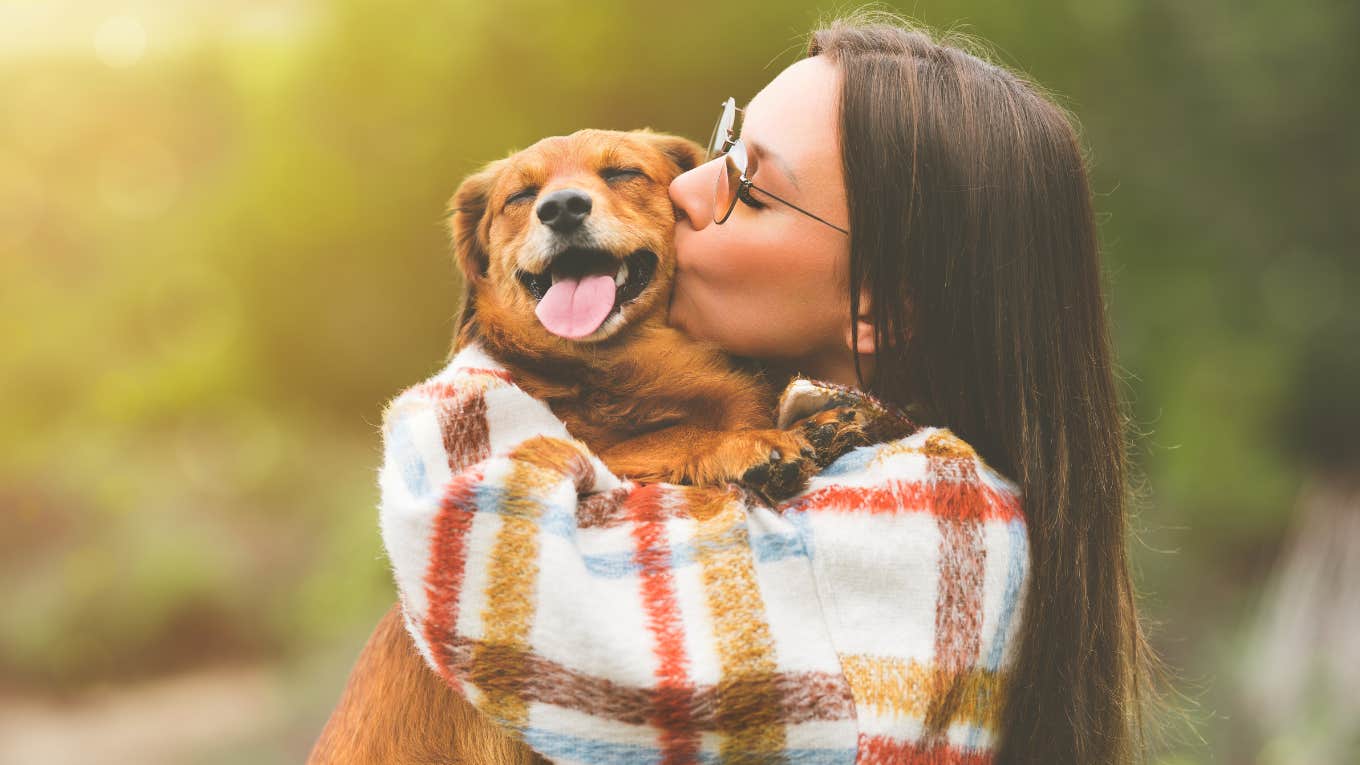


In a touching story from Olivia Akers' farm, a newborn lamb named Beau faced a dire situation when her mother rejected her. Despite Olivia's efforts to encourage the mother to accept Beau, the situation escalated as the mother became increasingly aggressive. In a remarkable turn of events, the family dog, Max, stepped in to nurture and protect the vulnerable lamb [e0549800].
Max, described as a 'super mutt' with a mix of Blue Heeler, Pitbull Terrier, German Shepherd, and Husky, immediately formed a bond with Beau. This connection not only provided Beau with the care she desperately needed but also led her to develop dog-like traits from spending time with Max. Their relationship has remained strong, even after Beau joined the other sheep on the farm [e0549800].
The story of Beau and Max has resonated widely on social media, garnering positive reactions and comments that highlight the extraordinary bond between the two animals. Their friendship serves as a heartwarming reminder of the nurturing roles animals can play in each other's lives, transcending species barriers [e0549800].
In addition to the deep emotional connections between humans and pets, there is a fascination with unlikely animal friendships. Witnessing animals from different species getting along can make us feel more connected to other life on the planet. This phenomenon challenges our concept of how the natural world works and can lead to pleasant surprises [148454d0].
Research suggests that animals engaged in social interaction may experience similar emotions to humans who engage with their own friends or loved ones. Humans have evolved to enjoy cooperation, and unlikely animal friendships tap into this innate desire for connection and cooperation. These friendships symbolize a desire for peace and harmony, inspiring humans to imagine a future where differences can be put aside for peaceful coexistence [148454d0].
However, a study published in the journal "Applied Animal Behaviour Science" reveals that most dogs do not appreciate being hugged. The study, conducted by Elizabeth Ann Walsh from the Cork Pet Behaviour Centre in Ireland, analyzed videos of people hugging, playing with, and petting their dogs to observe the dogs' reactions. The study found that 68% of dogs exhibited signs of extreme physical stress and anxiety when hugged, such as avoiding eye contact, turning their heads, licking their lips or nose, panting, flattening their eyes, and blinking rapidly. In 68% of cases, the dogs nipped or bit their owners as a last resort when they felt unsafe while being hugged. The study emphasizes the importance of understanding canine communication and respecting their agency in human-dog interactions. Ignoring a dog's discomfort can lead to a fractured dog-human bond and welfare issues for the dog. Responsible pet parents should consider how their dogs feel and not assume that they enjoy being hugged [d5de6cf9].